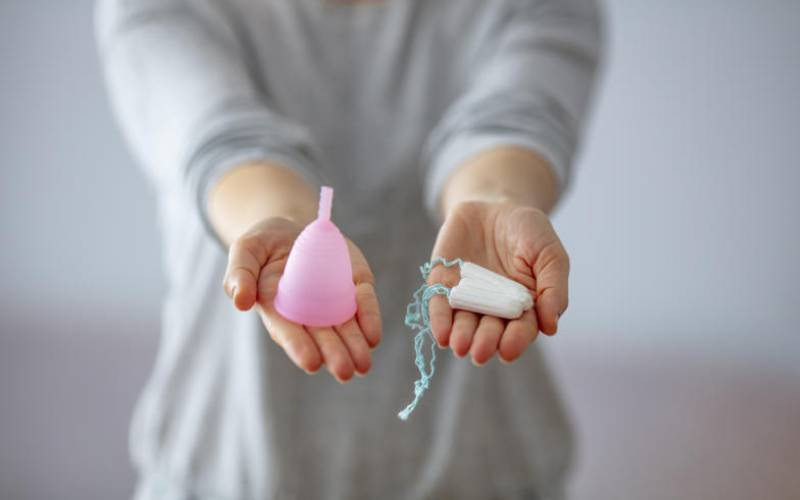×
The Standard e-Paper
Join Thousands Daily

Menstrual Hygiene Day takes place every year on May 28 and has grown into a massive global movement over the past 10 years.
This year, the event was commemorated in different parts of the country, with a clarion call of "Together for a Period-friendly World", urging collective action to ensure that menstruation does not limit access to education, health, or opportunity.